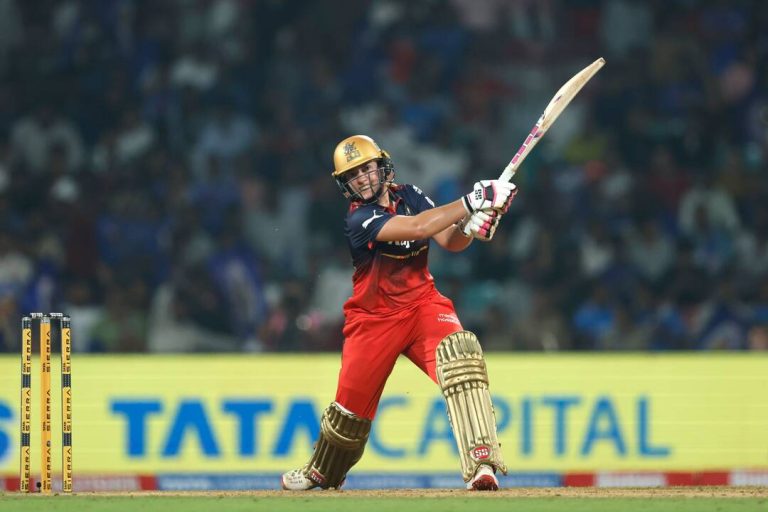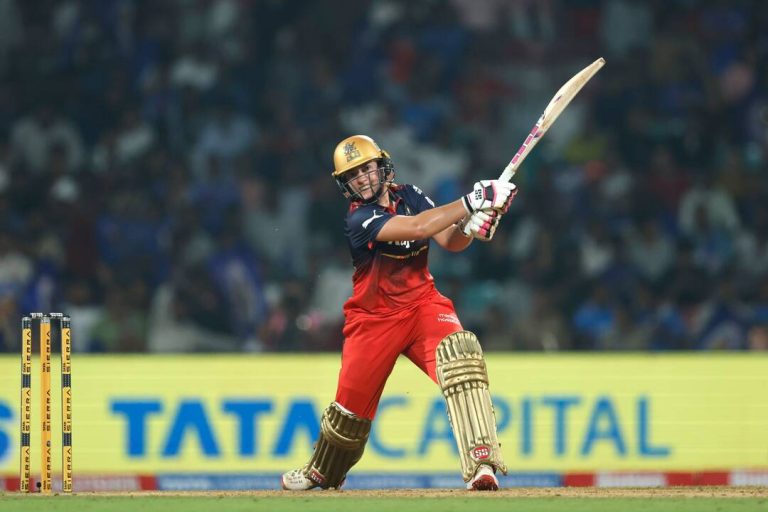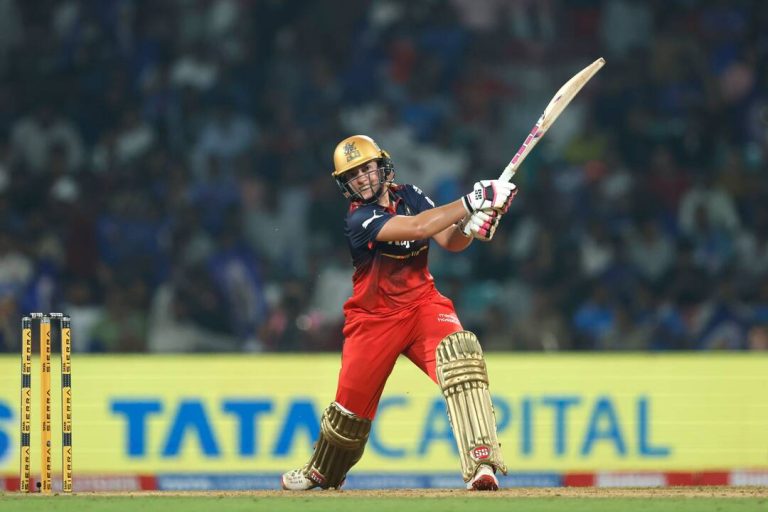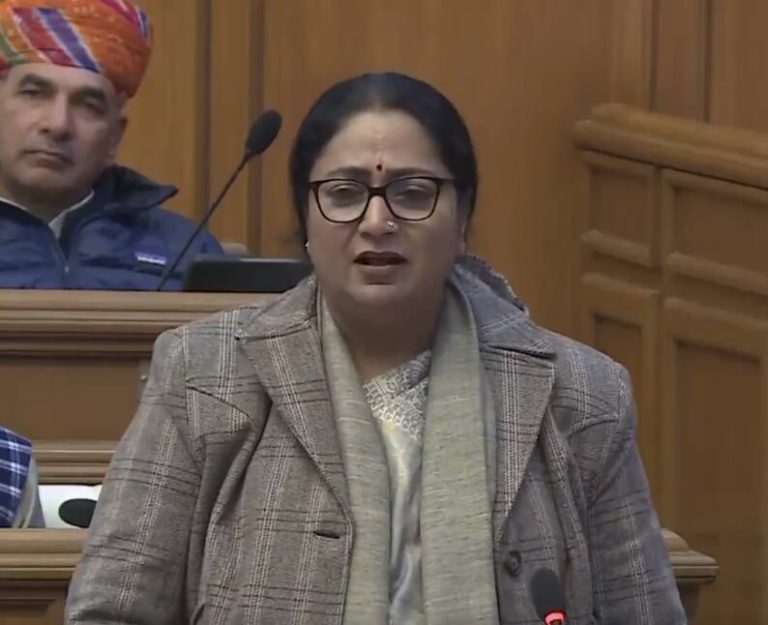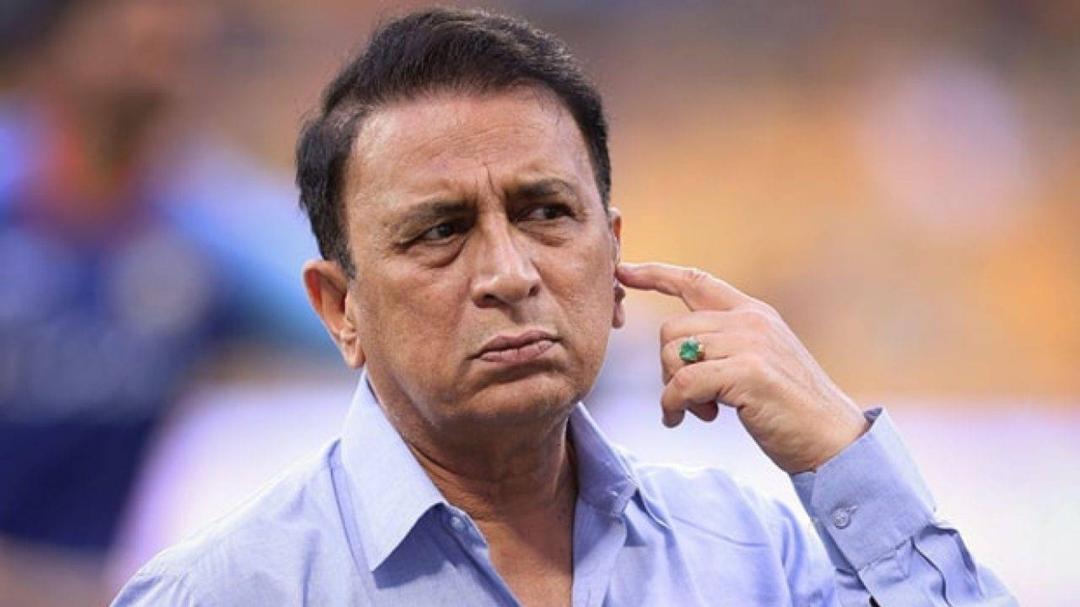
Time to stop pointing fingers at Indian cricket: Gavaskar after Ashes Test ends in 2 days
The cricketing world was left stunned when the first Ashes Test between England and Australia ended in a mere two days. The Perth pitch was a major talking point, with many critics questioning its suitability for a five-day Test match. However, what caught the attention of former Indian captain Sunil Gavaskar was the silence of critics who often point fingers at Indian cricket.
Gavaskar, known for his straightforward and honest opinions, slammed the critics who have been quiet about the Perth pitch. “Is it that the curators there have no agenda, but those in India do?” he asked, highlighting the double standards of critics. He also added, “It is time to stop pointing fingers at Indian cricket as there are three of the same hand pointing back at you.” This statement from Gavaskar has sparked a debate about the fairness of critics when it comes to Indian cricket.
The Ashes Test, which was expected to be a thrilling contest between two of the best teams in the world, ended in a whimper. The pitch, which was supposed to be a neutral venue, turned out to be a minefield for batsmen. The Australian team, led by Pat Cummins, bowled exceptionally well, but the pitch played a significant role in their victory. The English team, on the other hand, struggled to cope with the conditions, and their batting lineup collapsed twice in two days.
While the Perth pitch was a major talking point, what was surprising was the silence of critics who often question the quality of Indian pitches. Indian cricket has often been at the receiving end of criticism, with many experts questioning the suitability of Indian pitches for international cricket. However, when a similar situation arose in Australia, the critics were surprisingly quiet.
Gavaskar’s statement highlights the double standards of critics when it comes to Indian cricket. He is right in asking why critics are quick to point fingers at Indian cricket, but remain silent when similar issues arise in other countries. This is not the first time that Gavaskar has spoken out against the unfair criticism of Indian cricket. He has been a vocal supporter of Indian cricket and has always defended the team and the Board of Control for Cricket in India (BCCI) against unfair criticism.
The issue of pitch quality is a complex one, and it is not unique to India. Pitches around the world can be tricky, and teams need to adapt to the conditions to succeed. However, what is important is that critics should be fair and consistent in their criticism. If a pitch in India is deemed unsuitable, then a similar pitch in Australia or England should also be questioned.
Gavaskar’s statement is a reminder that Indian cricket is not alone in facing criticism. The sport is global, and teams from around the world face similar challenges. It is time for critics to be fair and consistent in their criticism, rather than pointing fingers at Indian cricket alone.
In conclusion, Sunil Gavaskar’s statement is a timely reminder of the double standards of critics when it comes to Indian cricket. The silence of critics on the Perth pitch is surprising, and it highlights the need for fairness and consistency in criticism. Indian cricket has often been at the receiving end of unfair criticism, and it is time for critics to stop pointing fingers and be more balanced in their opinions.
As the cricketing world moves forward, it is essential to remember that the sport is global, and teams from around the world face similar challenges. It is time to stop pointing fingers at Indian cricket and be more fair and consistent in criticism. The statement from Gavaskar is a wake-up call for critics, and it is essential to take his words seriously.
The debate sparked by Gavaskar’s statement is a healthy one, and it is essential to have more discussions about the fairness of critics when it comes to Indian cricket. The Ashes Test may be over, but the discussion about pitch quality and criticism is far from over. As the cricketing world continues to evolve, it is essential to remember that fairness and consistency are essential in criticism.
